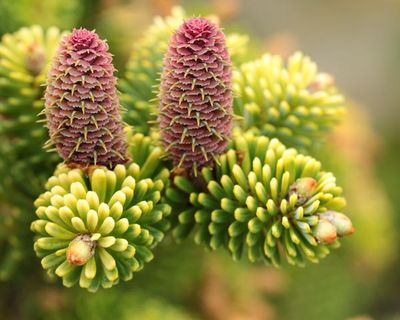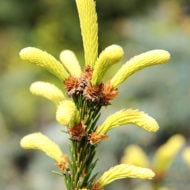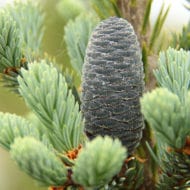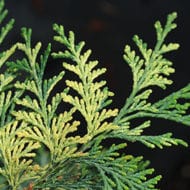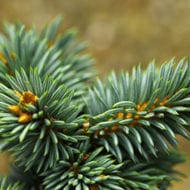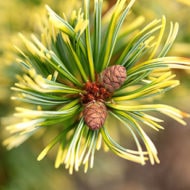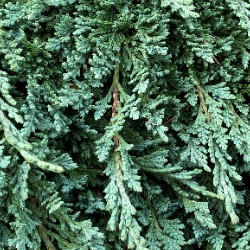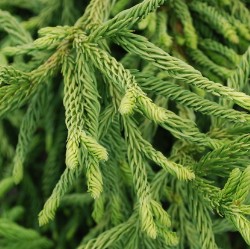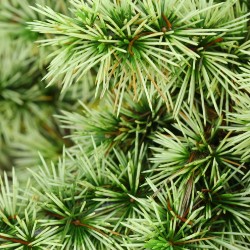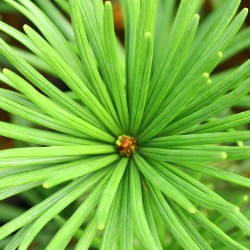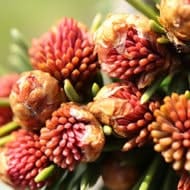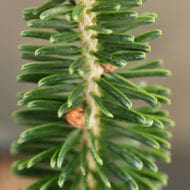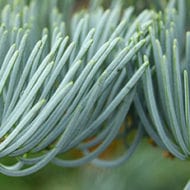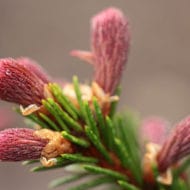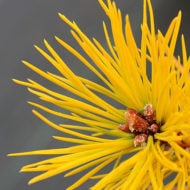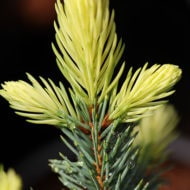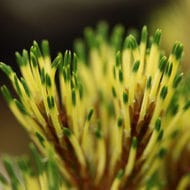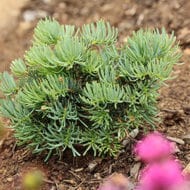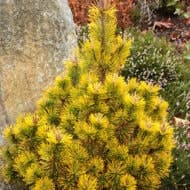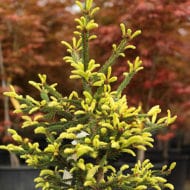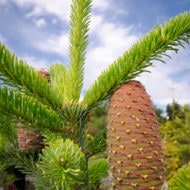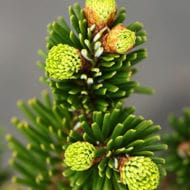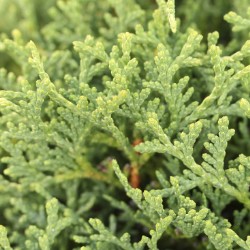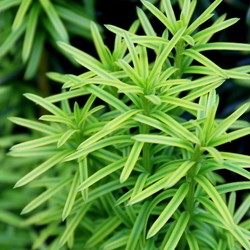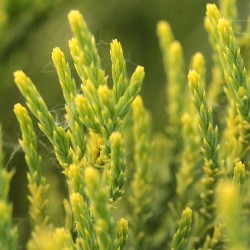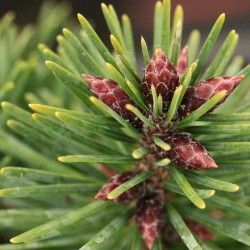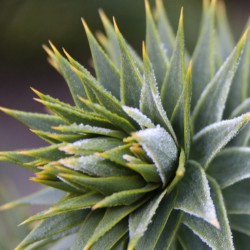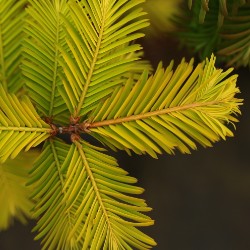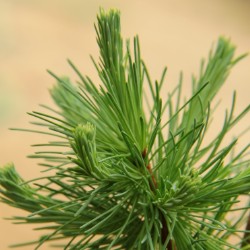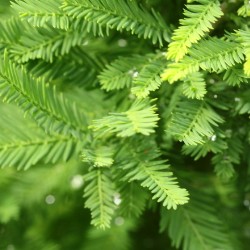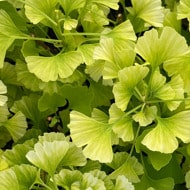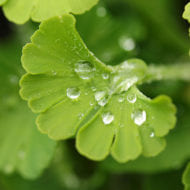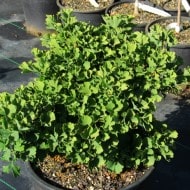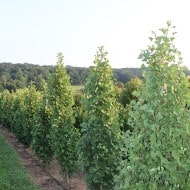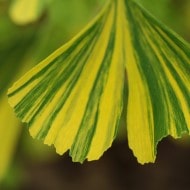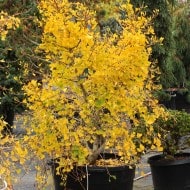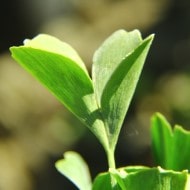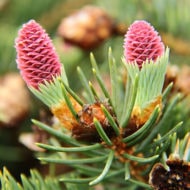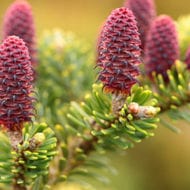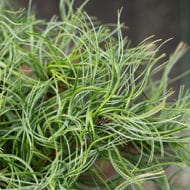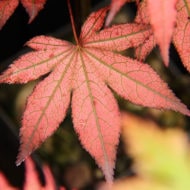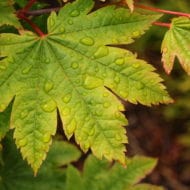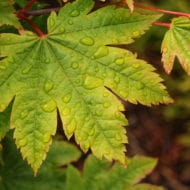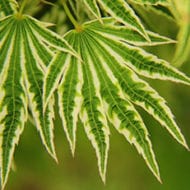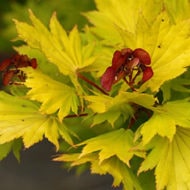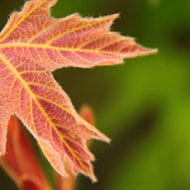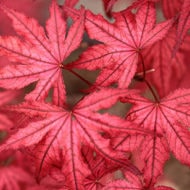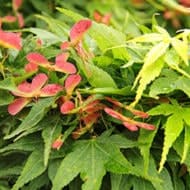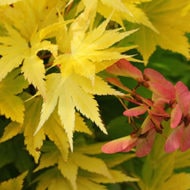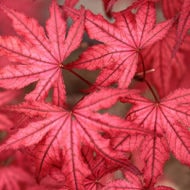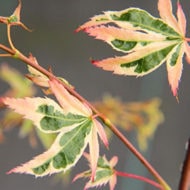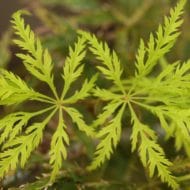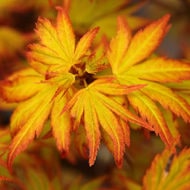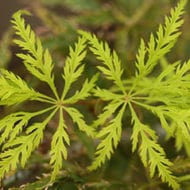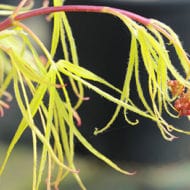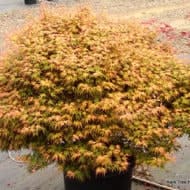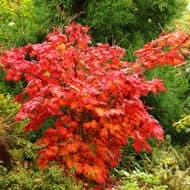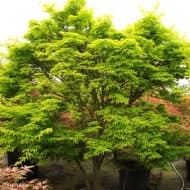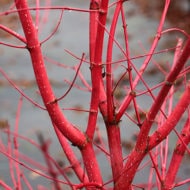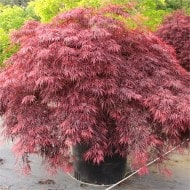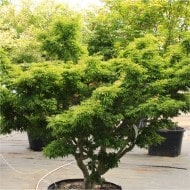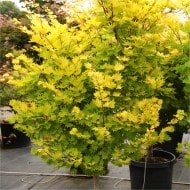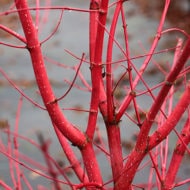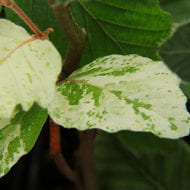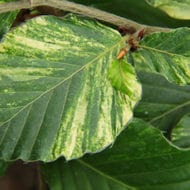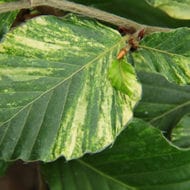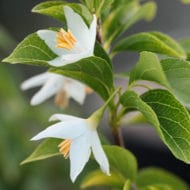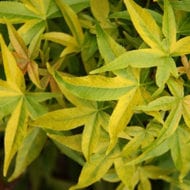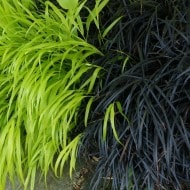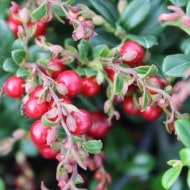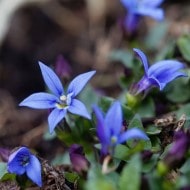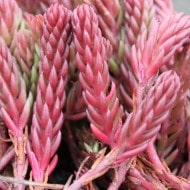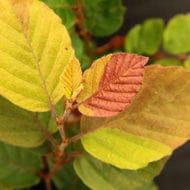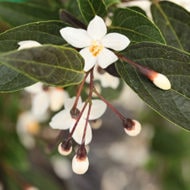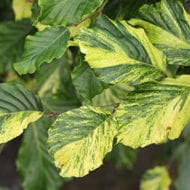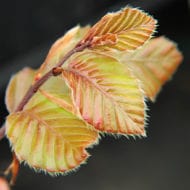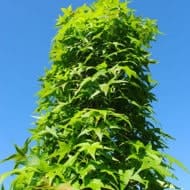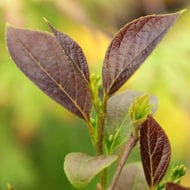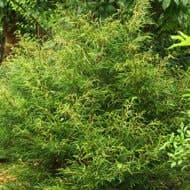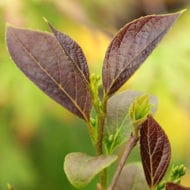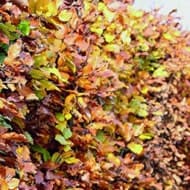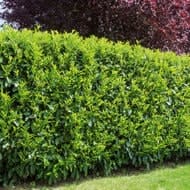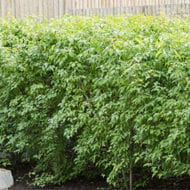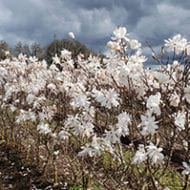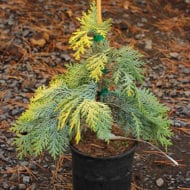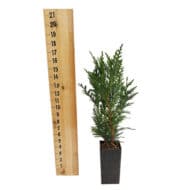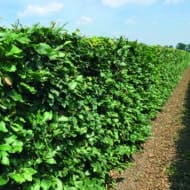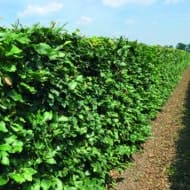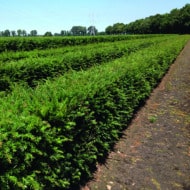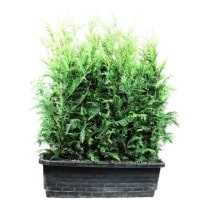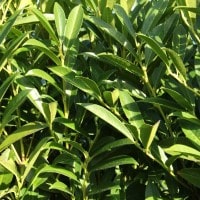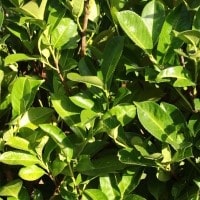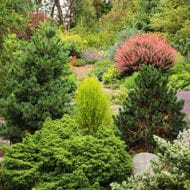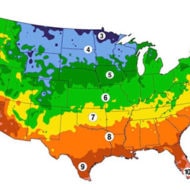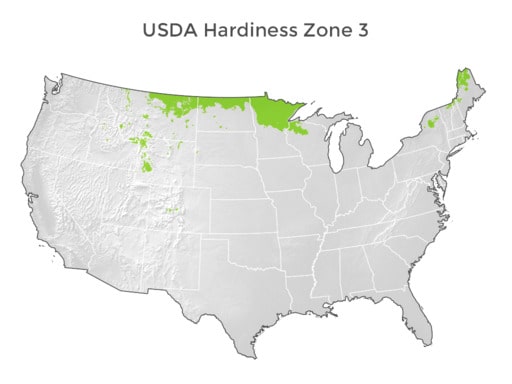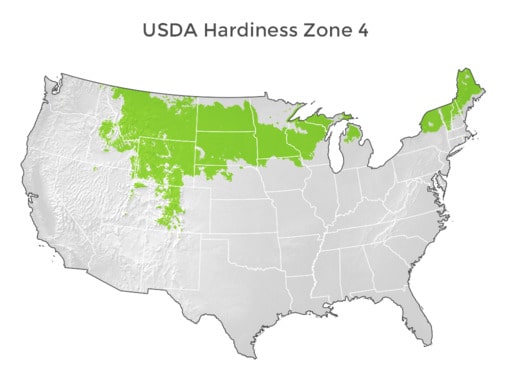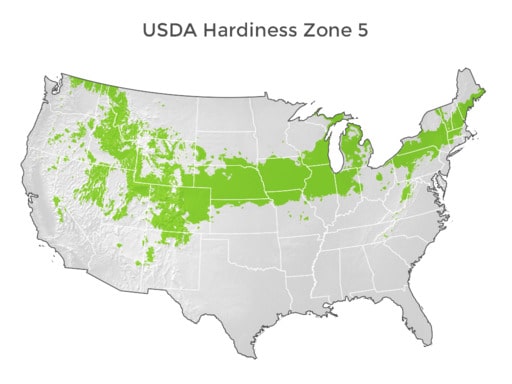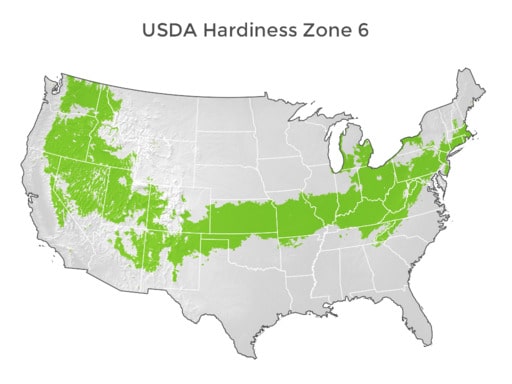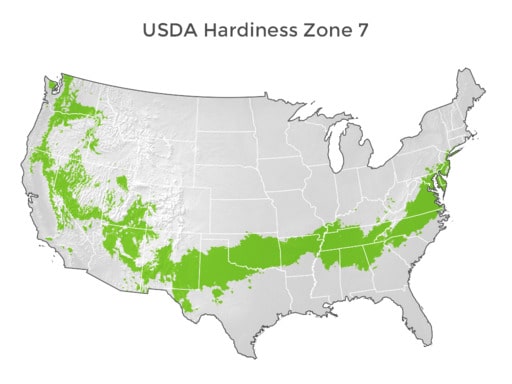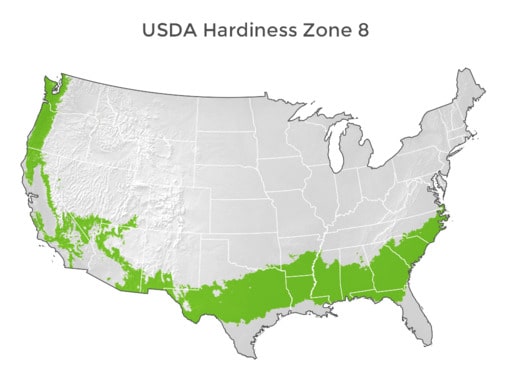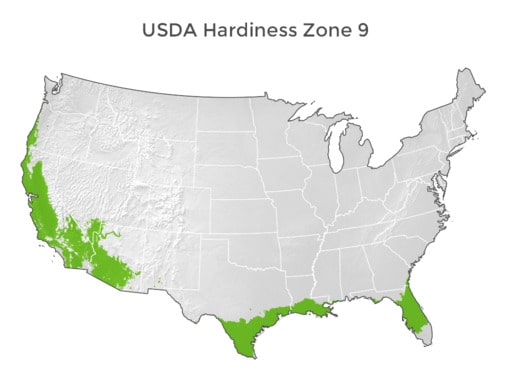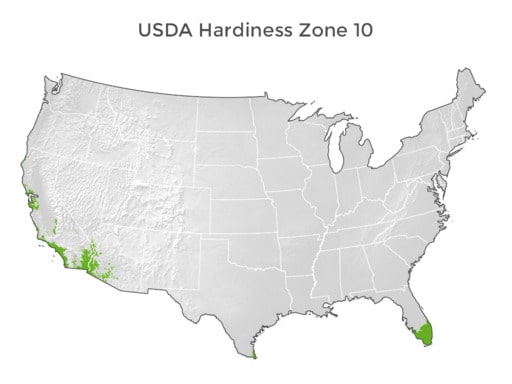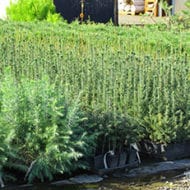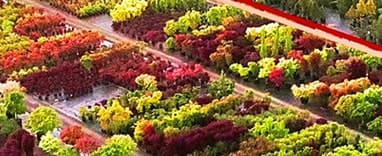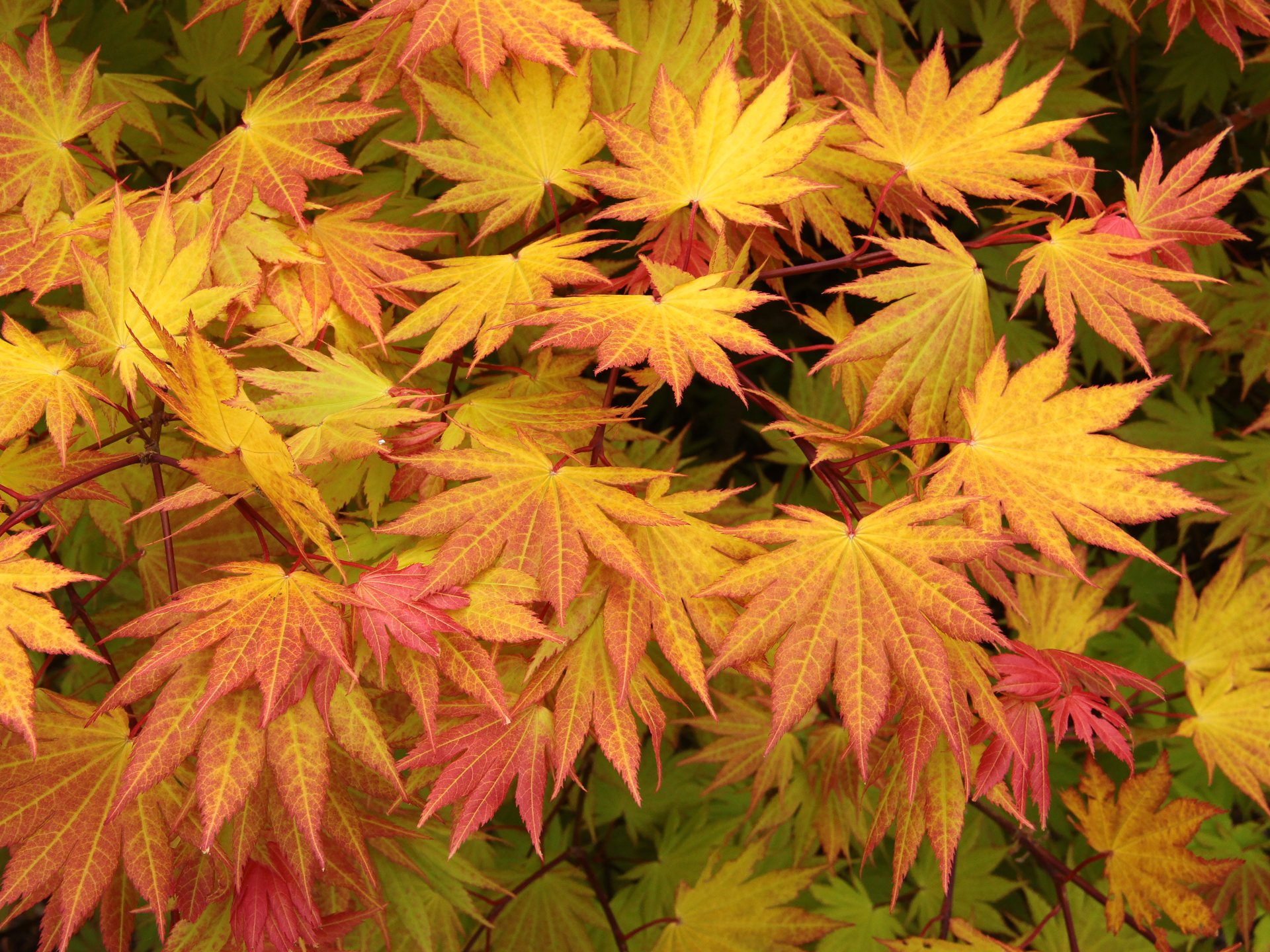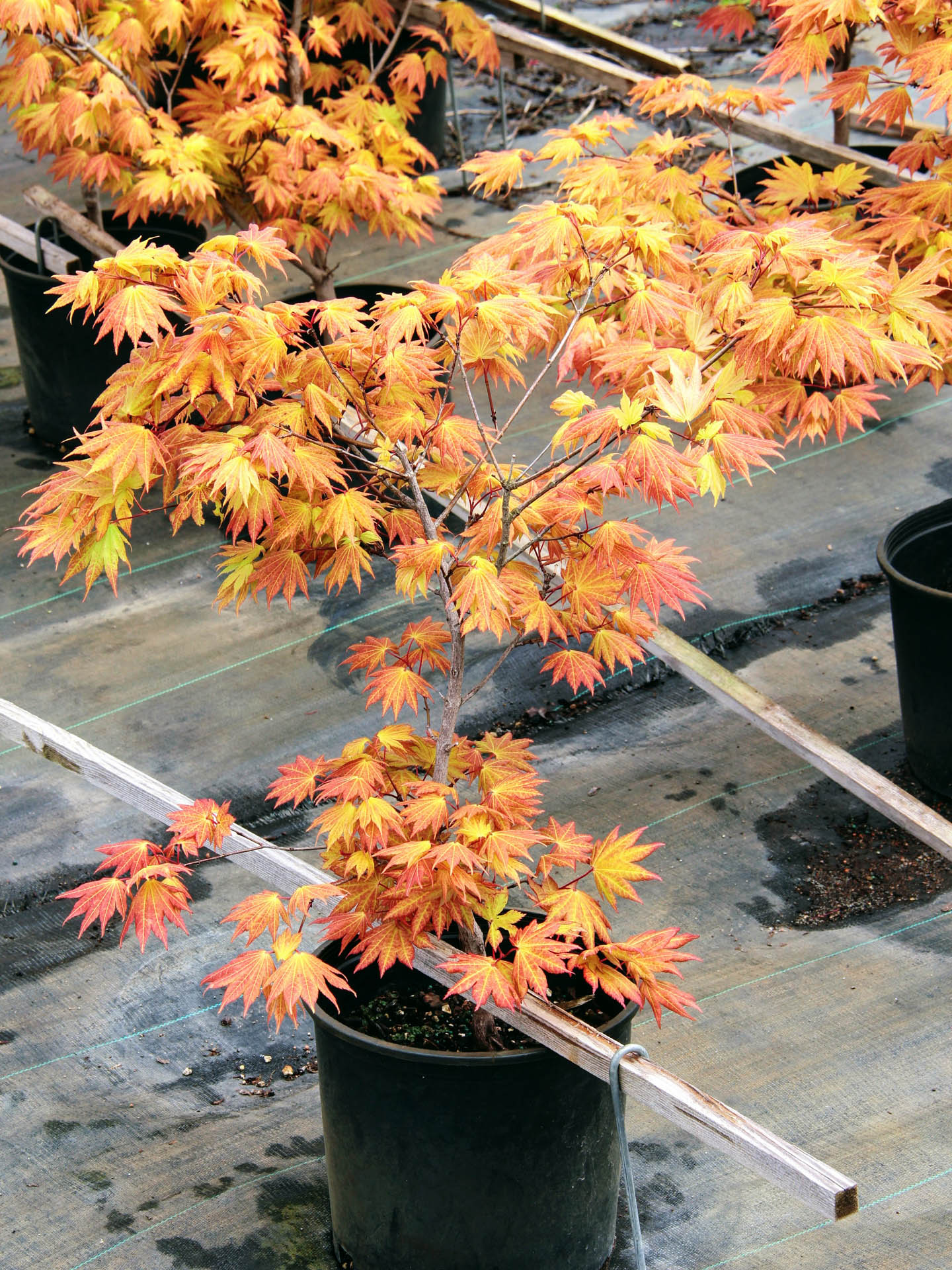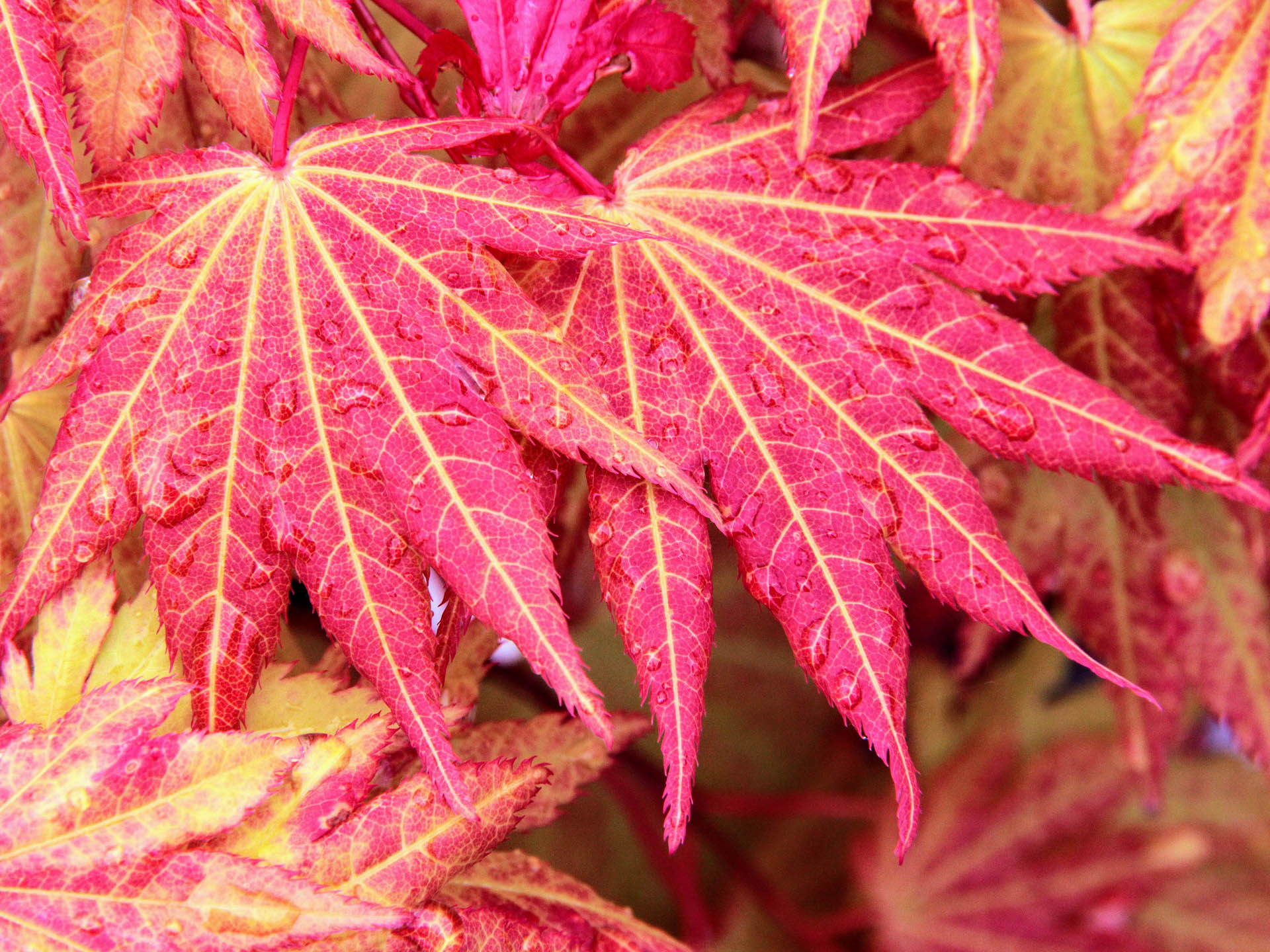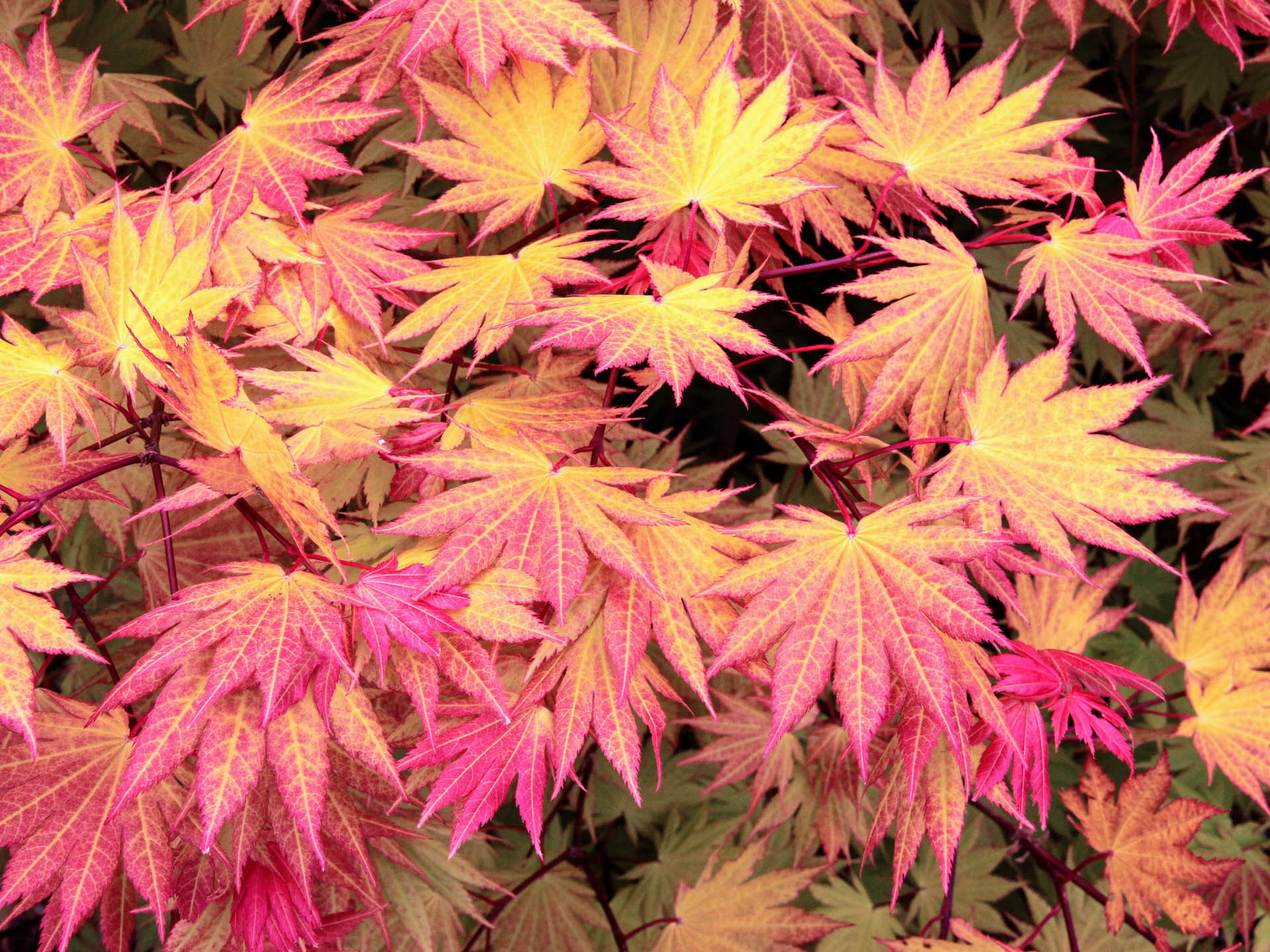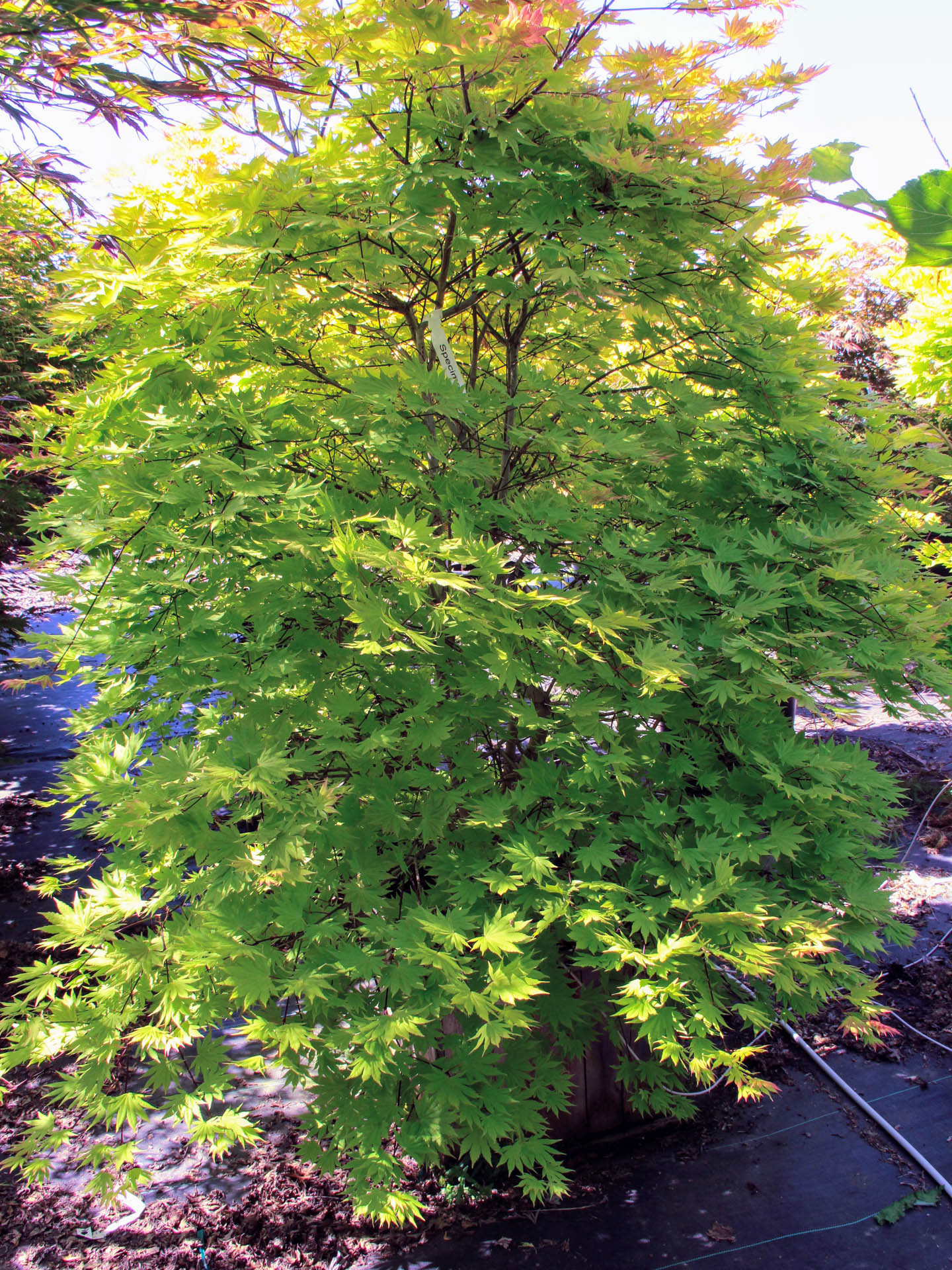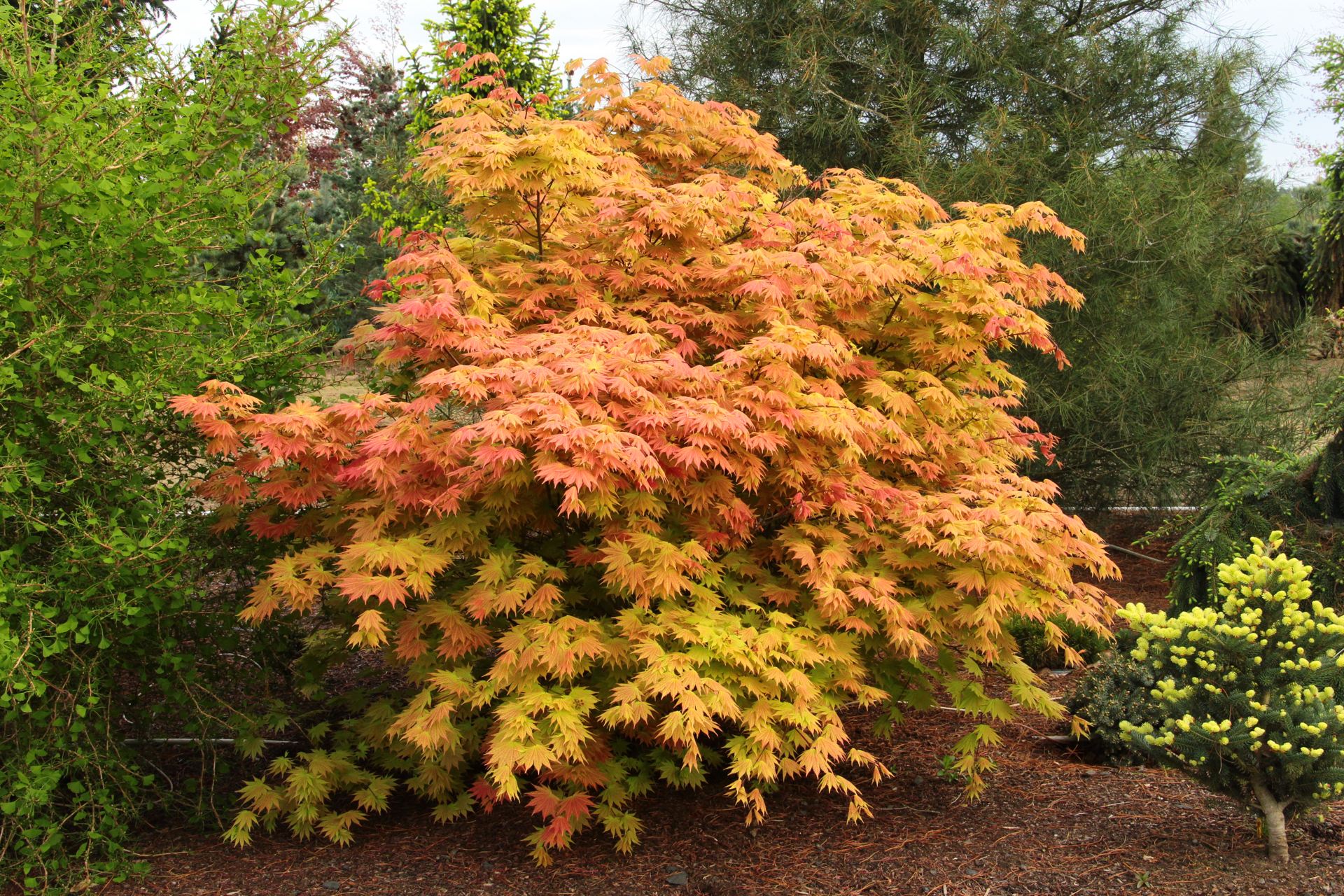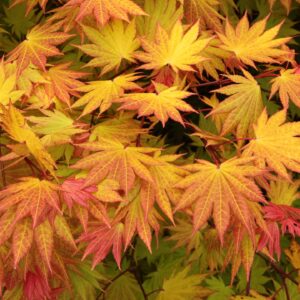
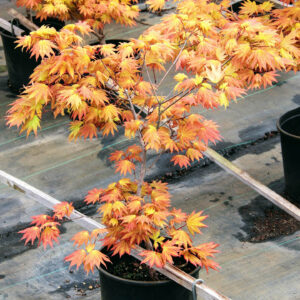
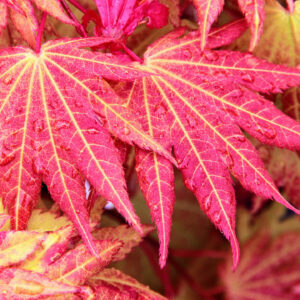
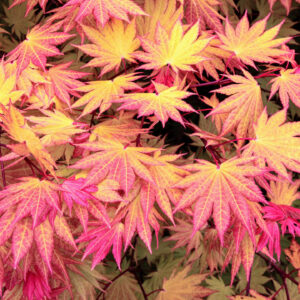
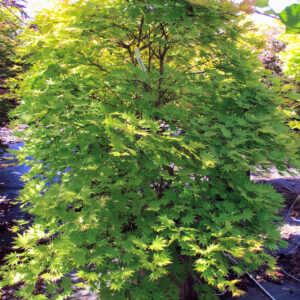
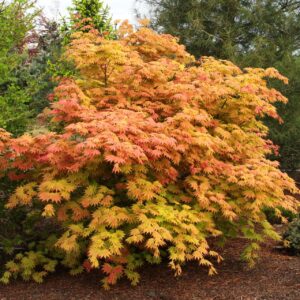
*Photos may demonstrate how the plant grows and do not necessarily pertain to the available crop(s).
Acer shirasawanum ‘Autumn Moon’ Full Moon Maple
- Multi-stemmed small tree
- Unusual, brilliantly colored leaves
- Vigorous and easy to grow
SKU: AcShir-AutumnMoon-0-0
Categories: Acer shirasawanum, Intermediate, Intermediate Maples, Japanese Maples, Maples, Multicolored Maples, Our Plants, Palmate or Matsumurae, Upright, Upright, Zone 5, Zone 6, Zone 7, Zone 8, Zone 9
Tags: All Is Fixed, Hardiness Zone 5, Popular
Description
Very few Japanese maples can boast orange color, but Autumn Moon is truly one of a kind. The unusual coloring is strongest in full sun and lasts from when they first emerge in spring until autumn’s rich orange-red dappling. Acer shirasawanum ‘Autumn Moon’ Maple is very extraordinary selection that is rather sculptural and slow growing!
USDA Hardiness Map
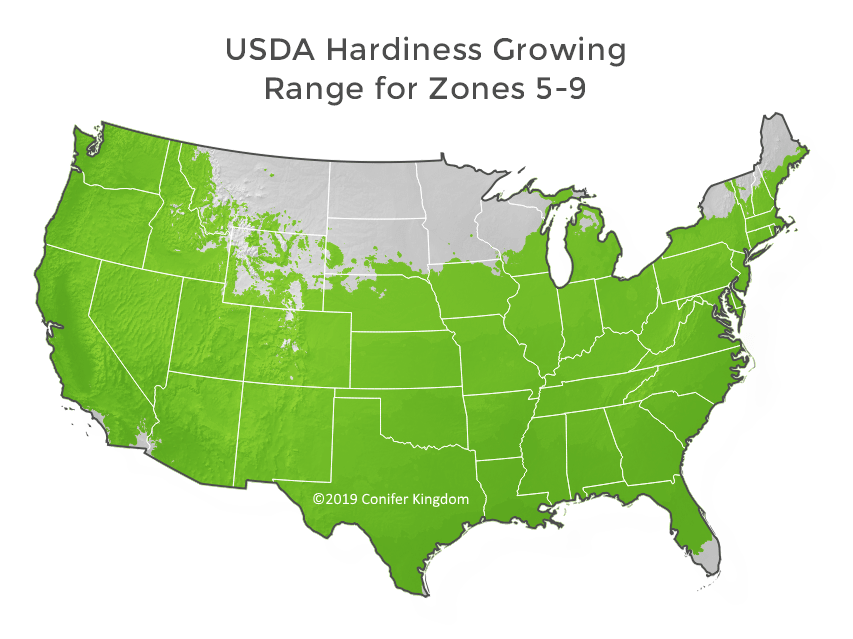
Plant Form

Acer shirasawanum ‘Autumn Moon,’ also known as Autumn Moon Full Moon Maple, is a superb variety with soft coloring that shines through spring, summer, and fall. It was developed from a selection by J.D. Vertrees, a nurseryman and Japanese maple expert in Oregon, and is considered one of the most beautiful varieties on the market.
Autumn Moon’s yellow-green leaves unfold in the spring with an orangy-pink overlay and hold their unusual colors through the summer. In fall, the leaves turn rich golden-orange and red before dropping for the winter.
This little tree is upright and sculptural in shape. It grows at a moderate rate of 6″-9″ per year and attains a height and width of 6′-8′ in 10 years. The colorful leaves are palmate with prominent veins and 9-11 sharply toothed lobes. The leaf petioles and current year’s growth are bright red, adding contrast to the light-colored leaves. Tiny clusters of pink and cream flowers sit upright among the leaves and mature into small brown samaras or whirligigs that hang on until fall.
Autumn Moon is a beautiful specimen tree for small spaces, such as city gardens, rock gardens, courtyards, Japanese gardens, containers, and bonsai. A well-placed tree that gets adequate light and is protected from hot or cold wind brightens a property with its exquisite colors and is a must for collectors!
Autumn Moon needs to be planted in rich, moist, slightly acidic, well-draining soil in full sun to partial shade. Full sun intensifies the foliage color, but shade softens it to a light yellow-green. It does better in full to partial sun in the colder zones of its range (5-9) but needs to be protected from hot afternoon sun in the warmer zones of the South and planted where it receives morning sun or dappled shade.
The tree needs to be watered regularly for the first one or two years, especially during periods of dry weather. Once established, it is drought-tolerant. It is most brilliant in cool weather with consistently moist soil, so a layer of mulch is effective in keeping the roots cool and the soil moist. Container-grown trees and bonsais will need to be watered more often than those planted in the ground because the soil dries out more quickly in a pot. It’s also essential to use a pot with holes in the bottom so water can drain adequately and keep the roots healthy.
Planting companion trees, shrubs, and perennials around Autumn Moon Full Moon Maple enhances its unique colors and adds to its magic. A combination of evergreens around the maple, such as hemlocks, pines, cypress, junipers, and cedar, serve as a contrasting backdrop. Shrubs, such as hydrangeas, rhododendrons, azaleas, and mountain laurels, are attractive companions with similar cultural needs. Low perennial plants, such as hostas, ferns, ornamental grasses, coral bells, anemones, and hellebores, and spring bulbs, like crocus, squills, snowdrops, and dwarf daffodils provide color and interest around the tree’s base.
Autumn Moon’s yellow-green leaves unfold in the spring with an orangy-pink overlay and hold their unusual colors through the summer. In fall, the leaves turn rich golden-orange and red before dropping for the winter.
This little tree is upright and sculptural in shape. It grows at a moderate rate of 6″-9″ per year and attains a height and width of 6′-8′ in 10 years. The colorful leaves are palmate with prominent veins and 9-11 sharply toothed lobes. The leaf petioles and current year’s growth are bright red, adding contrast to the light-colored leaves. Tiny clusters of pink and cream flowers sit upright among the leaves and mature into small brown samaras or whirligigs that hang on until fall.
Autumn Moon is a beautiful specimen tree for small spaces, such as city gardens, rock gardens, courtyards, Japanese gardens, containers, and bonsai. A well-placed tree that gets adequate light and is protected from hot or cold wind brightens a property with its exquisite colors and is a must for collectors!
Autumn Moon needs to be planted in rich, moist, slightly acidic, well-draining soil in full sun to partial shade. Full sun intensifies the foliage color, but shade softens it to a light yellow-green. It does better in full to partial sun in the colder zones of its range (5-9) but needs to be protected from hot afternoon sun in the warmer zones of the South and planted where it receives morning sun or dappled shade.
The tree needs to be watered regularly for the first one or two years, especially during periods of dry weather. Once established, it is drought-tolerant. It is most brilliant in cool weather with consistently moist soil, so a layer of mulch is effective in keeping the roots cool and the soil moist. Container-grown trees and bonsais will need to be watered more often than those planted in the ground because the soil dries out more quickly in a pot. It’s also essential to use a pot with holes in the bottom so water can drain adequately and keep the roots healthy.
Planting companion trees, shrubs, and perennials around Autumn Moon Full Moon Maple enhances its unique colors and adds to its magic. A combination of evergreens around the maple, such as hemlocks, pines, cypress, junipers, and cedar, serve as a contrasting backdrop. Shrubs, such as hydrangeas, rhododendrons, azaleas, and mountain laurels, are attractive companions with similar cultural needs. Low perennial plants, such as hostas, ferns, ornamental grasses, coral bells, anemones, and hellebores, and spring bulbs, like crocus, squills, snowdrops, and dwarf daffodils provide color and interest around the tree’s base.
Additional information
| Weight | N/A |
|---|---|
| Latin Name | Acer shirasawanum 'Autumn Moon' |
| Common Name | Autumn Moon Full Moon Maple |
| Leaf Type | Broadleaf |
| Hardiness Zone | Zones 5-9 |
| Sun Exposure | Sun/Part Shade |
| Annual Growth | 6-9" |
| HXW@10 YEARS | 7'x4' |
| Color | |
| Form | |
| Growth Rate | |
| Your auto-detected zip code |  |
| hardiness zone based on zip code |  |
| You can also try another zip code |
Related products
-
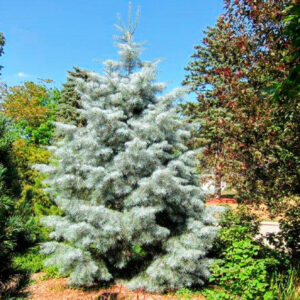
Abies concolor ‘Blue Cloak’ White Fir
View Details -
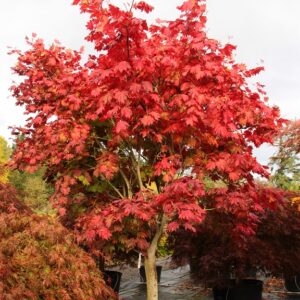
Acer japonicum ‘O taki’ Full Moon Maple
$44.99 View Details This product has multiple variants. The options may be chosen on the product page -
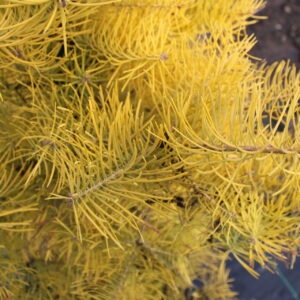
Abies concolor ‘Wintergold’ White Fir
$64.99 View Details This product has multiple variants. The options may be chosen on the product page -

Abies lasiocarpa ‘Mulligan’s Dwarf’ Subalpine Fir
$69.99 View Details This product has multiple variants. The options may be chosen on the product page


